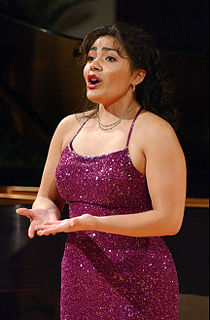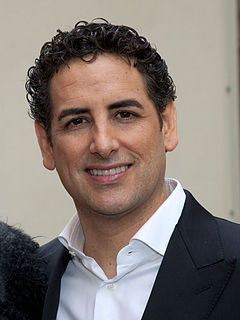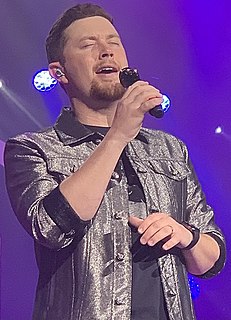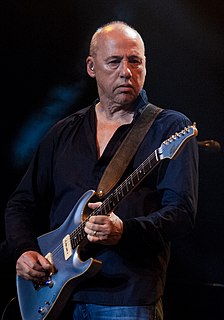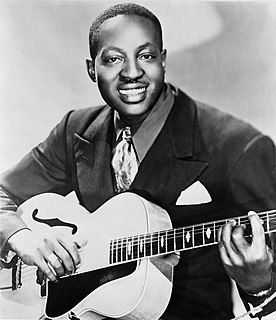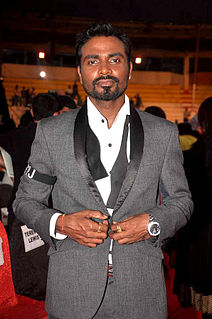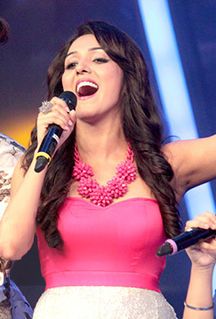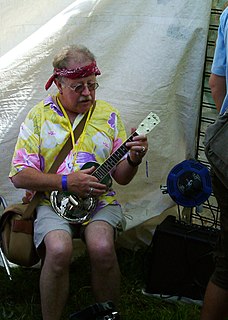A Quote by Ailyn Perez
From a young age, I was encouraged to sing, dance and learn folk and popular songs in Spanish.
Related Quotes
He [Alan Lomax] started right off trying to find people who could introduce folk songs to city people. He found a young actor named Burl Ives and said, "Burl, you know a lot of great country songs learned from your grandmother, don't you know people would love to hear them?" He put on radio programs. He persuaded CBS to dedicate "The School of the Air" for one year to American folk music. He'd get some old sailor to sing an old sea shanty with a cracked voice. Then he'd get me to sing it with my banjo.
